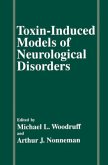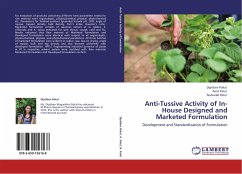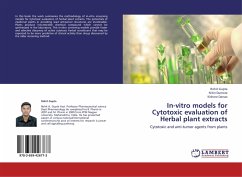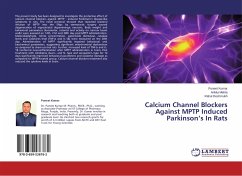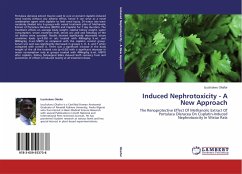Obesity results from a prolonged imbalance between energy intake and energy expenditure, as depending on basal metabolic rate, heat production, thermogenic effects of the diet & physical activity. Diet-induced obesity in rodents can be achieved by different regimens & approaches. Diets providing a high fat intake have been established as a gold standard to generate obese rodent models and have proven to initiate pathologies similar to those in humans. However, this dietary treatment is far from being standardized and its relevance has been criticized. Hence, varieties of high fat diet regimens have been introduced by providing a choice of several palatable food items of variable composition. Further male rats have been considered in developing all types of obesity models and no rationale has been provided as of this discrimination and negligence of using female rats. Another pitfall in the obesity model development is that of the choice of the strain of the rats used for the study. The basis on which strain is being chosen still remains controversial. This present study aimed at comparing & validating different diet induced obesity models utilizing different strains and gender.
Bitte wählen Sie Ihr Anliegen aus.
Rechnungen
Retourenschein anfordern
Bestellstatus
Storno


